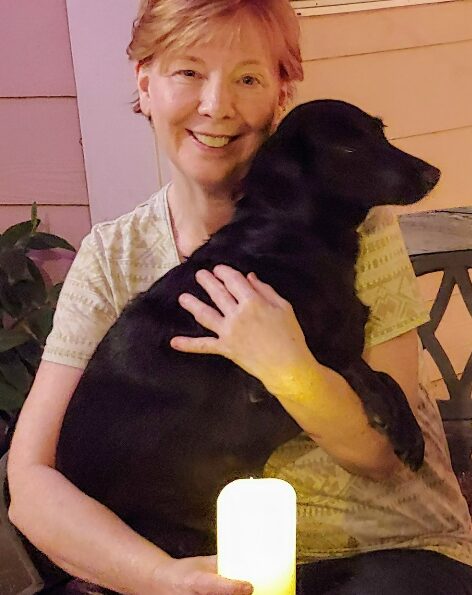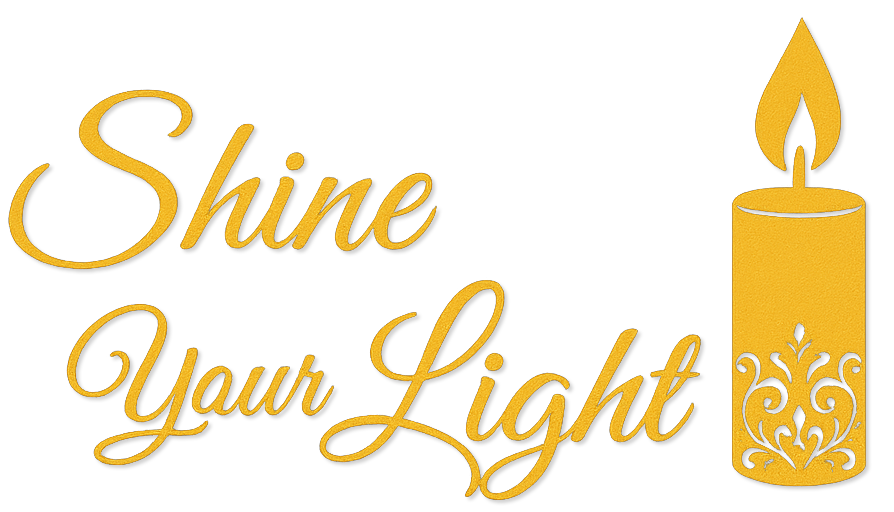Ellen Caringer, PhD

Make Light a Way of Life
Our Shine Your Light Team had the opportunity to have a conversation with the Rev. Dr. Allan Boesak, renowned South African theologian and social justice activist. Dr. Boesak said something that really stuck with me. He said “evil abhors a vacuum.” Whether it be quantum physics, psychology, or Buddhist spiritual writings, I am increasingly intrigued by both the scientific research and the theoretical/spiritual writings suggesting that we tend to absorb or resonate with the level of energy to which we are constantly exposed. Even if only watching others who act with the intent to gain power at the expense of others, or when we watch deliberate harm and destruction (be it physical, political or psychological), it destabilizes us. It lowers our energy by creating fearful and stressed thoughts and emotions.
These same ideas would explain the increased hatred, fear and anger we’ve seen in our own country over the last four years in a way we’ve not previously witnessed in our lifetime. They would also explain how people who were in need, who were vulnerable, and who unfortunately may have been experiencing a vacuum in their lives, were willing to vote away their power and their democracy in an exchange for security. It would explain why some were open and vulnerable to absorbing the evil perpetuated by the new theology of “America first” and “me first” — a new theology that espouses that the welfare of our fellow citizens no longer matters, even in the midst of a raging epidemic.
As I thought about the “antidote” to this dilemma, I once again turned to our theme of Shining Your Light. Light and love can ALSO fill that vacuum of neediness. But why hasn’t that happened? Is it possible that we were so distraught by the evil we were seeing, that we fell into those lower energy levels, too? Have we inadvertently, perhaps, contributed to creating deeper and deeper levels of distrust between opposing ideologies and even between family members, because we were operating from the lower energies of anger and defensiveness rather than the powerful energies of love and light?
If this might indeed be the case, perhaps it’s time to ask a more concrete and practical question:
How do we create more light around us? Saying the world needs more light and love sounds a bit like an overly-simplistic platitude. Perhaps it’s time to ask a better, smarter question. What are the qualities of light and love that begin to fill a vacuum created by neediness? What do we, at an individual level, need to do to illuminate and shine more in our own lives? In creating light-filled actions, might we have a chance to literally change the resonance, the energy, that surrounds us and our neighbor? For those in the Christian faith, the Bible maintains that there is great power in love, compassion and light. And I think science is confirming this as well.
So today, think simply . . . a simple gesture of kindness, a thoughtful surprise gift for a needy neighbor, a phone call of encouragement. What would it look like — what would it feel like, to imbue our every action with love, with a deliberate intention to spread light? That means we might really need to invest time in meditating on filling our own lives with love and with peace so that we can then spread that joy to others. Let us take time to visualize a world that is filled with more light, more love, and more peace, and then consider an action we can take, even the simplest action, that brings light, love and peace into reality in a concrete way.
We can do this! Let’s fill the vacuum, and not leave it open for evil to fill. Deep in my being, I know that when we all commit to this way of action, the effects are not additive, they are multiplicative. Let us make light a way life, moment by moment, day by day. Ironically, we’ll be the ones that reap the greatest blessing. Let us make light a way life, moment by moment, day by day. Ironically, we’ll be the ones that reap the greatest blessing.
Dr. Ellen Caringer is a member of the Shine Your Light Team, and is a psychologist and neuropsychologist on the island of Maui. She has been church pianist for Keawalaʻi Congregational Church for over twenty years, and is one of the founders of Hui Aloha ʻo Maui Indivisible.
